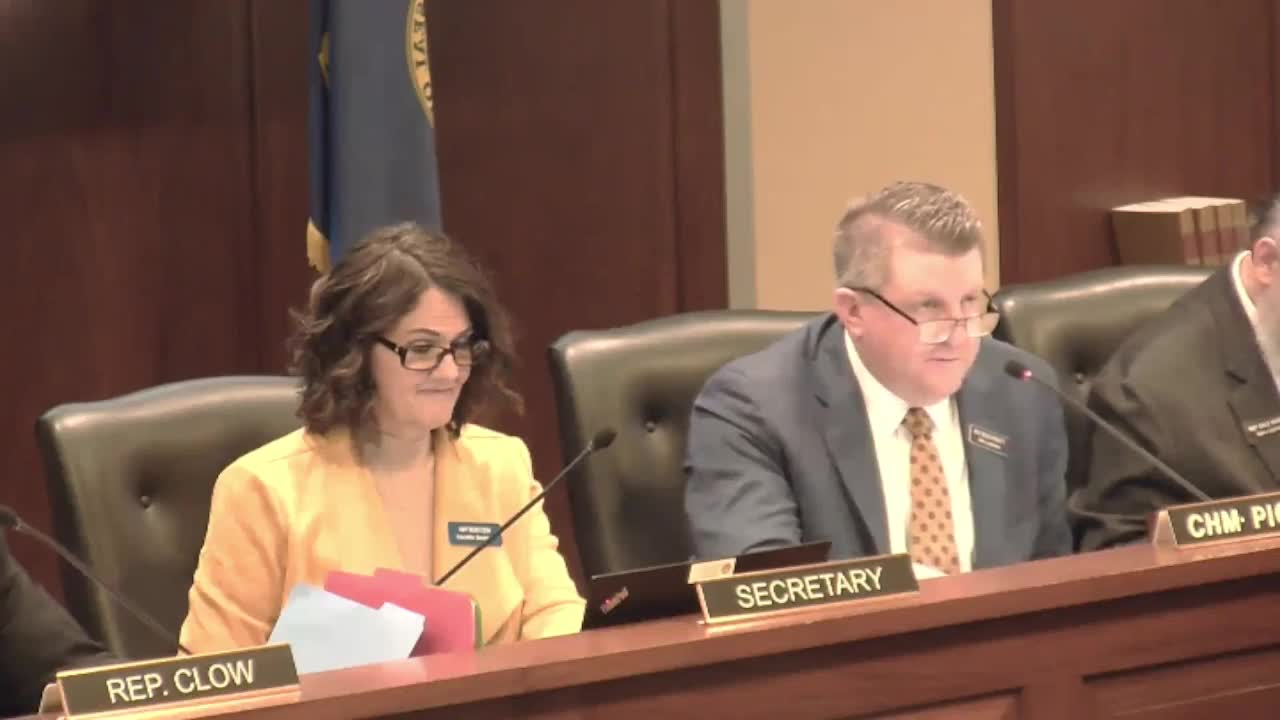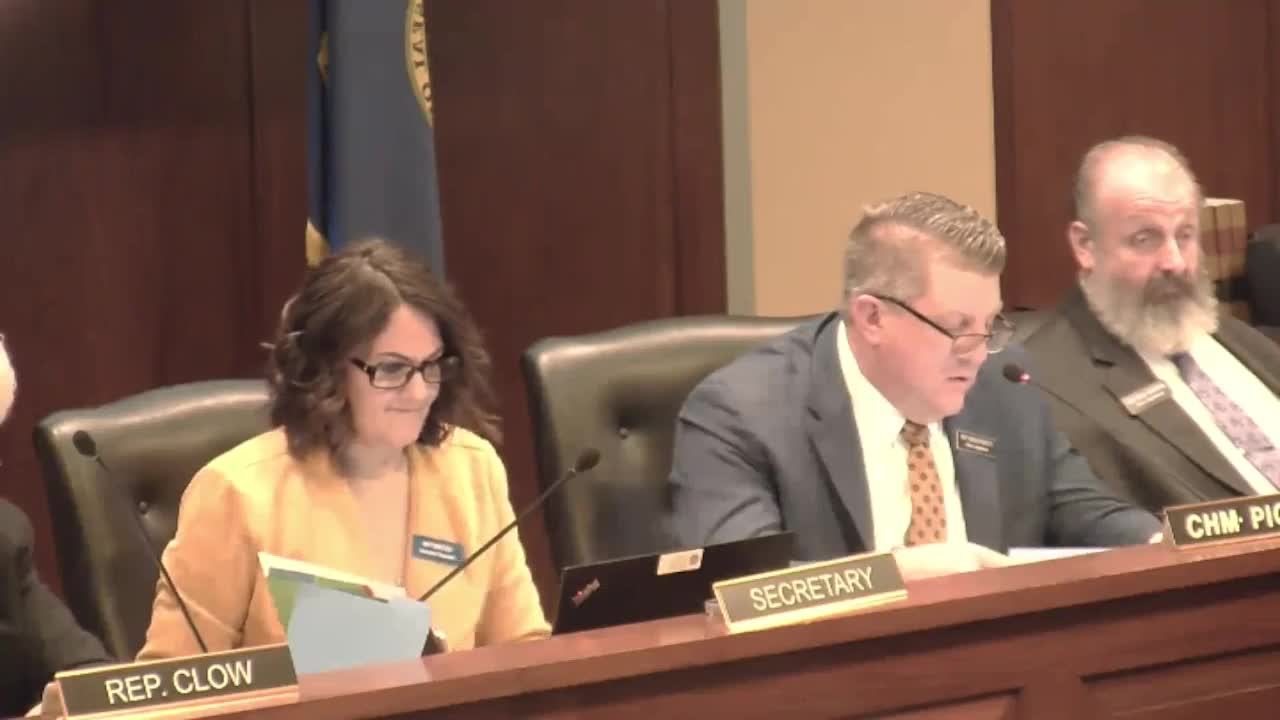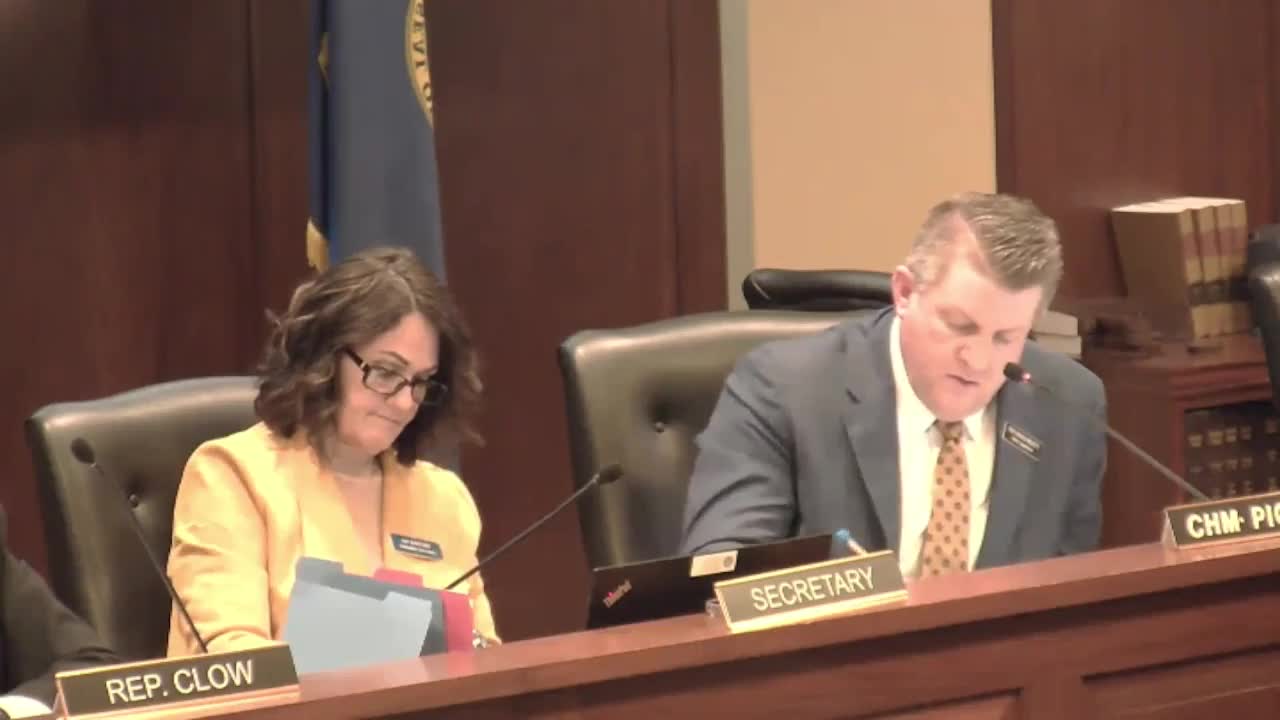Article not found
This article is no longer available. But don't worry—we've gathered other articles that discuss the same topic.

Idaho House education committee hears debate on bill to enforce use of earmarked education dollars

Department of Education briefs committee on $1 billion school modernization bond program and statewide facility condition assessment

